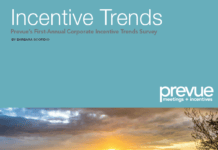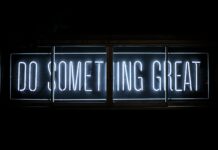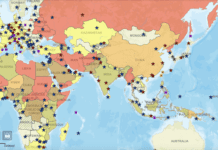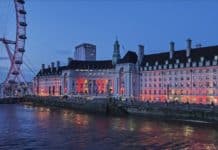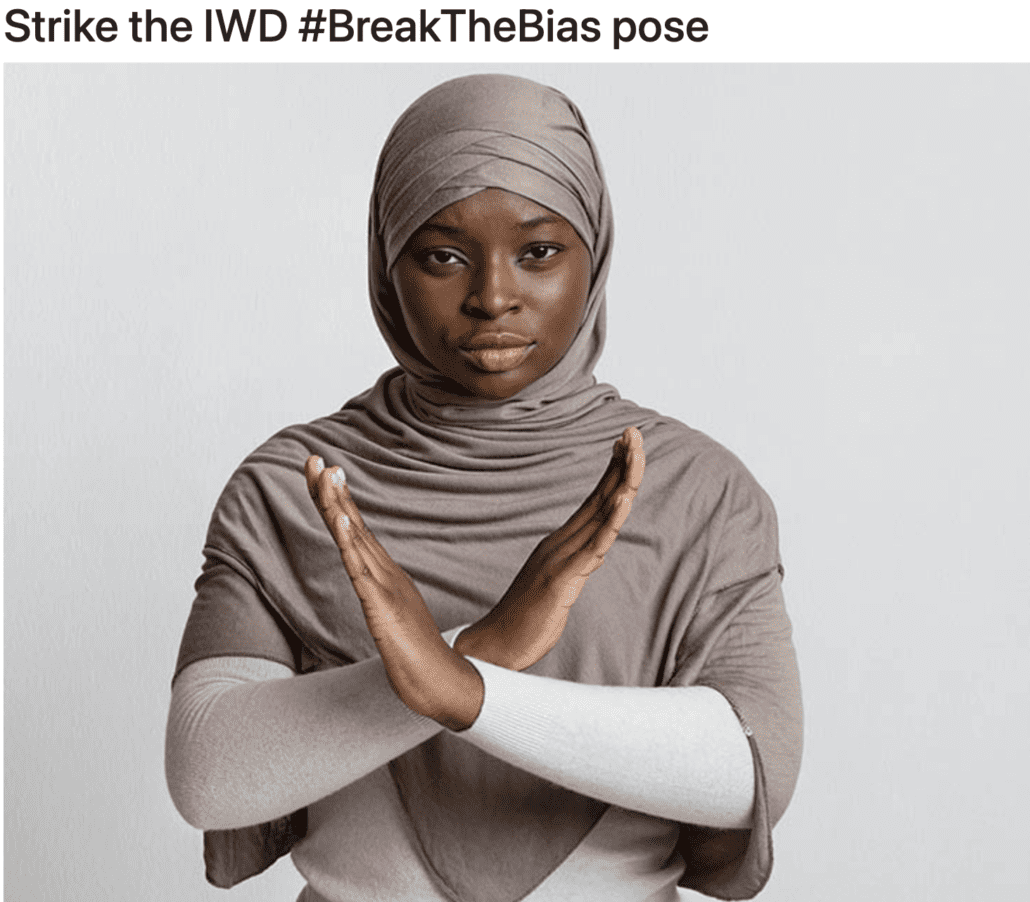 #BreakTheBias, the theme of International Women’s Day 2022, couldn’t be more timely for women in the meetings and events industry. The COVID-19 pandemic laid bare the biases that exist in society that hold women from achieving their full potential as more women than men had to leave the workplace to care for and educate children at home, as well as juggle the needs of elderly loved ones at most risk from the virus. Women and men in the events industry have a unique platform from which to not just observe, but also call out gender bias, discrimination and stereotyping, as well as create more opportunities to elevate women by providing high-profile speaking and other leadership opportunities.
#BreakTheBias, the theme of International Women’s Day 2022, couldn’t be more timely for women in the meetings and events industry. The COVID-19 pandemic laid bare the biases that exist in society that hold women from achieving their full potential as more women than men had to leave the workplace to care for and educate children at home, as well as juggle the needs of elderly loved ones at most risk from the virus. Women and men in the events industry have a unique platform from which to not just observe, but also call out gender bias, discrimination and stereotyping, as well as create more opportunities to elevate women by providing high-profile speaking and other leadership opportunities.
International Women’s Day, celebrated on March 8 each year, is dedicated to both celebrating women’s achievements and to calling for action in accelerating equality and equity for women. As female-dominated field, the meetings and events industry is well-positioned to do both by acknowledging, and tackling, the biases that still exist and all-too-often play out in ballrooms as well as boardrooms across the U.S. and the globe — to, as this year’s International Women’s Day theme asks, #BreakTheBias.
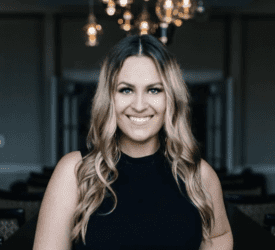
“It has been incredibly encouraging to see how far the industry has progressed in terms of having more transparent, vulnerable and honest conversations around tough topics,” says keynote speaker and event emcee Courtney Stanley, who also created the women-inspired podcast, Dare to Interrupt. “From discussions on human trafficking and sexual misconduct to addressing mental health crises and challenging biases, our community has had more opportunity and space to voice varied perspectives and spark more dialogue around the things we believe need to change. To me, this is hugely productive and leaves much room for further progress to be made. If we don’t talk about it, we can’t change it.”
Among the things that need to be talked about — and changed — in this industry and beyond are the challenges women still face to #BreaktheBias, many of which have actually deepened over the past couple of years. As Stanley points out, “the pandemic turned back the clock for women across many industries, including our own. The data reflects that more women than men made the decision to leave the workplace to care for and/or educate their children at home, due to unplanned and challenging circumstances. Research shows that the more time women spend outside the workforce, the more difficult it becomes to reenter and advance their careers financially and professionally.
“With our industry suffering greatly in terms of job loss during the pandemic, reentry to the workforce has been even more challenging,” she says. “Now, more than ever, it is critical that leaders assess what needs professional women in the meetings industry have — and how companies can address those needs in order to construct not only a return to work, but a professional development plan that incites growth for all parties.”
She believes the best way any leader can empower people in their community is to better understand what they need and how to support their success. “Leaders need to be asking questions, listening with empathy, and communicating why — or why not — they are making decisions that will affect their teams, clients, and partners. We cannot assume that all women — or groups of any kind — have the same needs, so we need to personalize our conversations in order to customize our solutions,” Stanley says.
Time to #BreakTheBias at Meetings
Some ways event professionals can take the lead and #BreakTheBias:
- Stop allowing “manels” — male-only panels — to dominate event stages. Even in traditionally male-dominated industries such as technology— which also happen to be industries in which women experience more gender bias —there are no shortage of dynamic experts who also happen to be female.
And they’re not so hard to find. Most speakers bureaus these days can provide a list of top female speakers for a wide variety of topics. If yours has a hard time coming up with some female tech talkers, check out the Women in Technology speakers bureau.
There also is a new speakers bureau dedicated to elevate female thought leaders in healthcare, which in a recent survey by Time2Play also topped the list of industries in which women experience gender bias: women are paid less, promoted less, publish less, and receive less research funding than their male counterparts. Launched in January 2022 by Women in Medicine (WIM), a nonprofit dedicated to eliminating the gender gap in the US healthcare system, along with Meeting Achievements, a full-service CME meeting management and instructional design firm, WIM’s Speakers Bureau aims to help change the fact that, according to one study, women only accounted for 30% of all academic conference speakers – and that nearly 40% of panels were “manels.”
“We created this speakers bureau so that we would never again hear the tired excuse that, ‘There just isn’t a qualified woman for this,’” says Dr. Shikha Jain, founder of WIM and assistant professor of medicine in the Division of Hematology and Oncology at the University of Illinois Cancer Center. “There are in fact many qualified women, and we hope the speakers bureau will go a long way toward ensuring that they’re no longer overlooked.”
- Call out sexual harassment when it happens on site — and have a plan for dealing with it. If you don’t already have one, draw up a code of conduct that includes definitions of sexual harassment (whether aimed toward women, men, or other gender identities), how to deal with it when a case of harassment is reported, and who is responsible for handling consequences for harassing behavior.
- Make sure your own house is in order. Is your event staff paid equally for equal work, regardless of gender identity? Do those who identify as female usually end up doing “women’s work” in your office and at your events? Are there equal channels for advancement and career growth, including mentorship, for all?
- Understand how a pledge to #BreakTheBias can help improve the world. Gender inequality is not something that stands alone — it’s one of many pieces of the puzzle that need to be addressed in today’s environment. How important is it to the world at large? Furthering gender equality is Goal 5 of the United Nations’ 17 Sustainable Development Goals for 2030 (UN SDGs).
To develop a better understanding of the bigger picture — and to understand how gender equality can help advance your event’s sustainability goals — UK-based nonprofit Positive Impact Events, in collaboration with the UN Climate Change Secretariat, is holding a salon on March 22 at 11 a.m. EDT. The goal is to collaboratively explore the role of gender equality in creating a net zero carbon future, and how it can work into your overall event strategy.
You Might Also Be Interested In
15 Ways to Design Inclusive and Accessible Online Events
Diversity, Equity and Inclusion: How Event Industry Associations are Supporting DEI Initiatives



